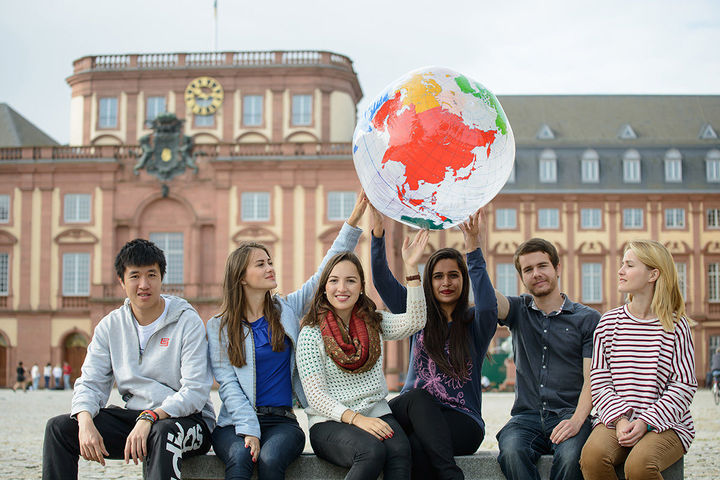International Cultural Studies (ICS)
International Cultural Studies (ICS) take a look at key concepts in cultural studies as well as their application in historical and contemporary contexts. They focus on internationality, interculturality and interdisciplinarity:
Lectures and courses

The lecture “International Cultural Studies” is the flagship course of ICS. It offers an introduction to cultural studies and provides an overview of key concepts and key figures of the last 300 years, from Jean-Jacques Rousseau to Karl Marx, to bell hooks. During the sessions and the complementary discussions, participants study influential texts, thinkers, and theories. The lecture thus gives an insight into the development of cultural studies and highlights the value of the field for making sense of social life.

The hands-on seminars approach contemporary cultural studies phenomena from intercultural perspectives and in interdisciplinary contexts. They are taught by faculty from different disciplines, accentuating the diversity of ICS beyond the mainstream. From Intercultural Communication, Environmental Humanities, and Postcolonial Studies to Hip Hop Studies, Critical Queer Theory, or Video Game Studies and much more, students can choose from a wide selection of seminars each semester.
What are International Cultural Studies?
Who can attend ICS courses?
Mannheim students
ICS are part of the course catalog of the cultural studies modules in most of our bachelor's programs. Please refer to the program handbook of your degree program to find out which courses you can attend.
International students
The ICS courses are open to all international students enrolled at the School of Humanities. All incoming exchange students at the School of Humanities need to register for their courses via Portal².
Advising and contact

Dr. Ana-Sofia Uhl
School of Humanities – Dean's Office
Schloss – Room EO 291
68161 Mannheim
Please email me to make an appointment.

Nico Stab (er/ihm)
School of Humanities
Schloss – Raum EO 291
68161 Mannheim
After consultation per e-mail


